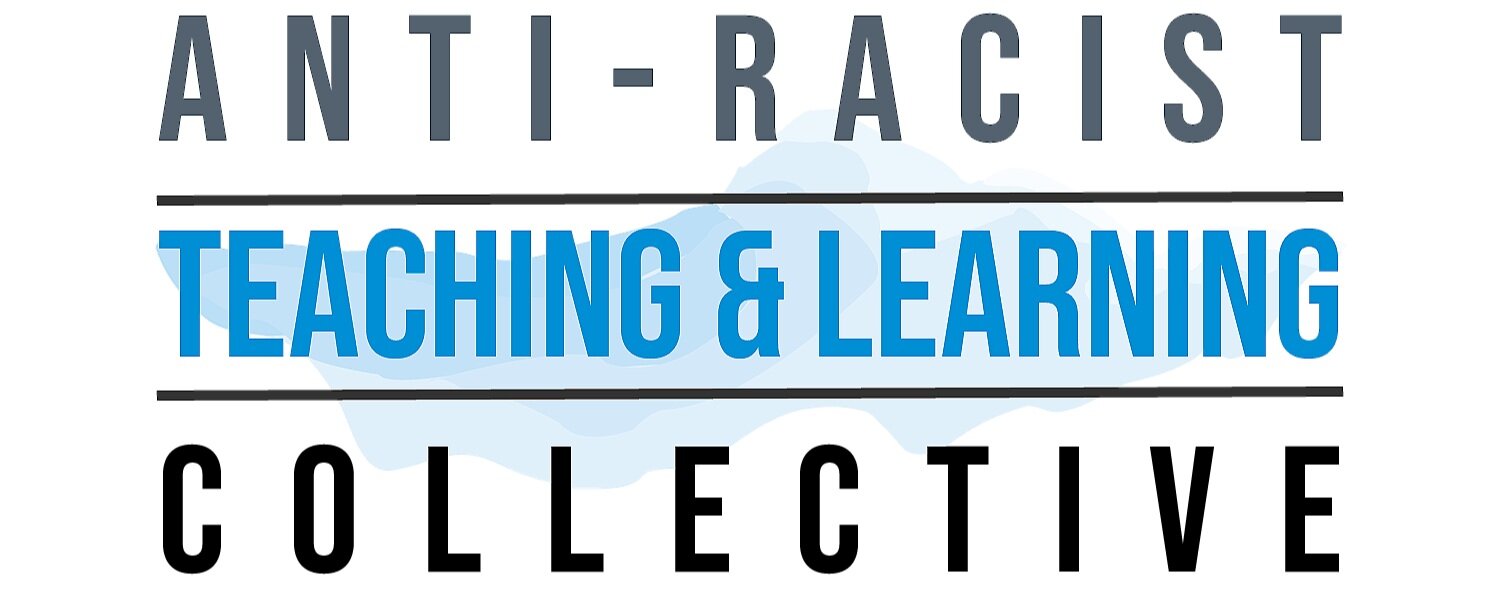Rethinking Schools and ARTLC collaborate to host “Where Do We Go From Here?”
By Madison Hahamy
On March 1, the Anti-Racist Teaching & Learning Collective and Rethinking Schools partnered to host “Where Do We Go From Here?” This online discussion with educators, students, and community organizers from across the country focused on building the schools, classrooms, and learning communities that every student needs and deserves, and the role of teachers and students in creating these conditions and possibilities. A recording of the panel is available here.
Panelists first discussed public schools as a site of struggle but also one of love. Carla Shalaby, an author and educator, described how, when a six-year-old student at her previous school was suspended, she and a new teacher worked together and with the students to talk about why he was missing and how to make him feel welcomed when he returned. An approach filled with love but also discussion about justice allowed the student to reconnect with classmates and reaffirm their commitment to one another.
Catlyn Savado, a Chicago Public Schools student and community organizer, also emphasized the importance of listening to and including young people in narratives about alleged crises within public schools, such as learning loss, and also in conversations about how to build better institutions. “We don’t have access to things that allow us to build our imagination, and it’s intentional that we don’t know why we live in the world we live in,” she added.
The importance of teacher’s unions, both in fighting for their own rights and linking those struggles to broader visions of public education, featured heavily in the conversation. Alykhan Boolani, the co-principal at Life Academy in the Oakland (CA) Unified School District, and Jackson Potter, the Vice President of the Chicago Teacher’s Union, spoke about the importance of democratic unions that fight for safe and healthy working conditions — a right that has been consistently violated — while also giving teachers the ability to be “artful” in their classroom and create meaningful curriculum.
“Teachers need to rake the small places that you have control of and run with them,” Boolani said.
The panelists all noted that, above all, it is important that schools are places of community — both so that students can have love, but also so that they can feel safe.
“Schools need to teach and learn consent, care, communion, community, collectivism. The only viable model is safety is keeping each other safe,” Carla Shalaby said at the end of her final remarks. “And that’s not naive.”
The event built on an energetic conversation in the Beyond Schools in Crisis discussion in January hosted by the ARTLC that brought together teachers and students to examine the roots of the challenges facing public schools today.
